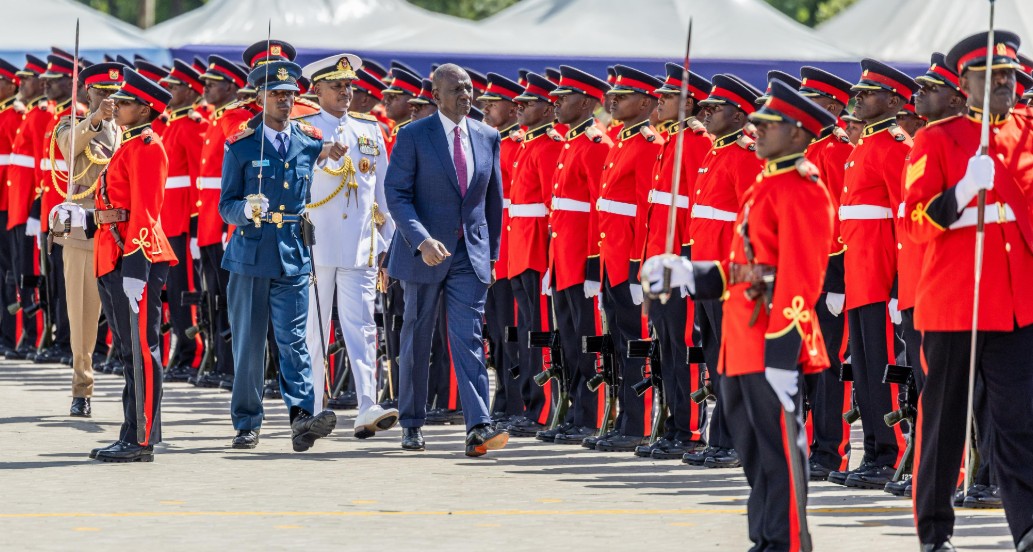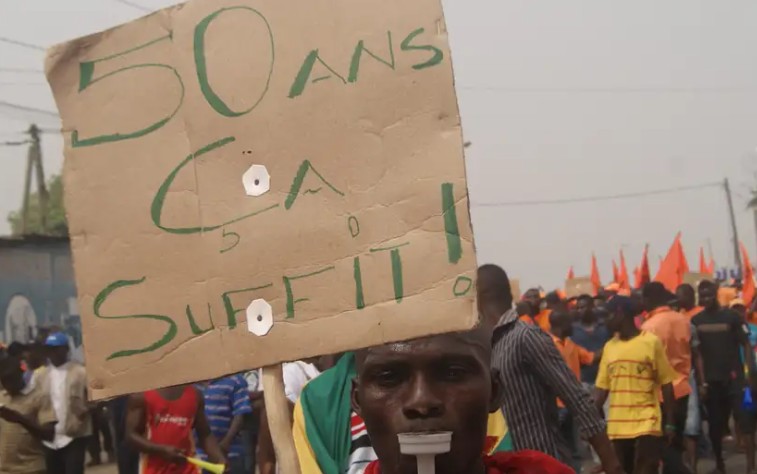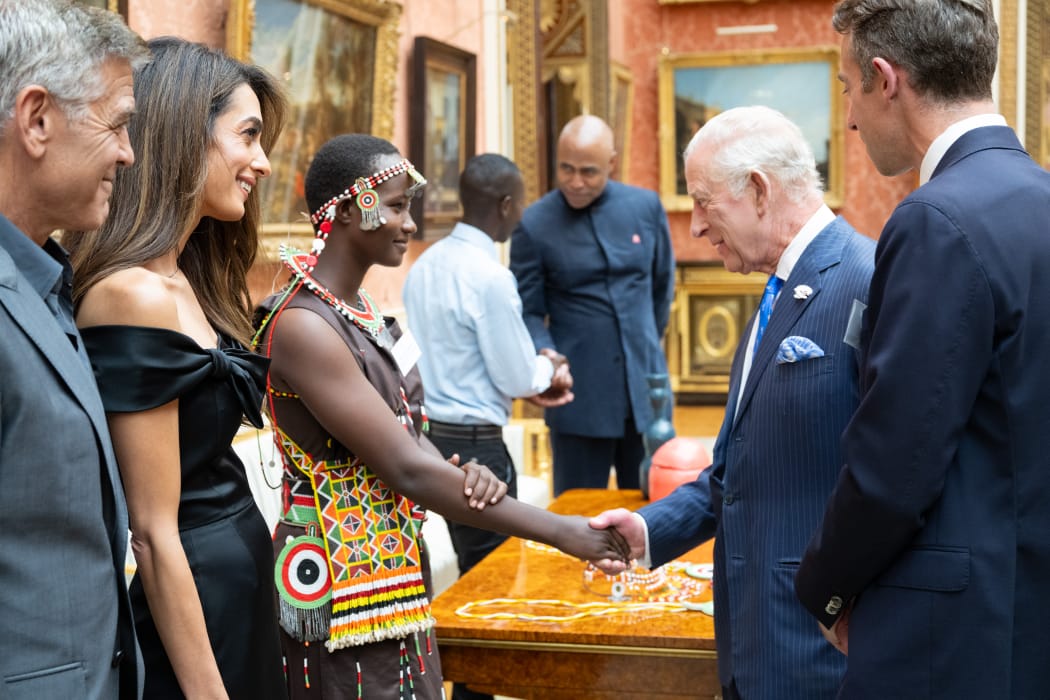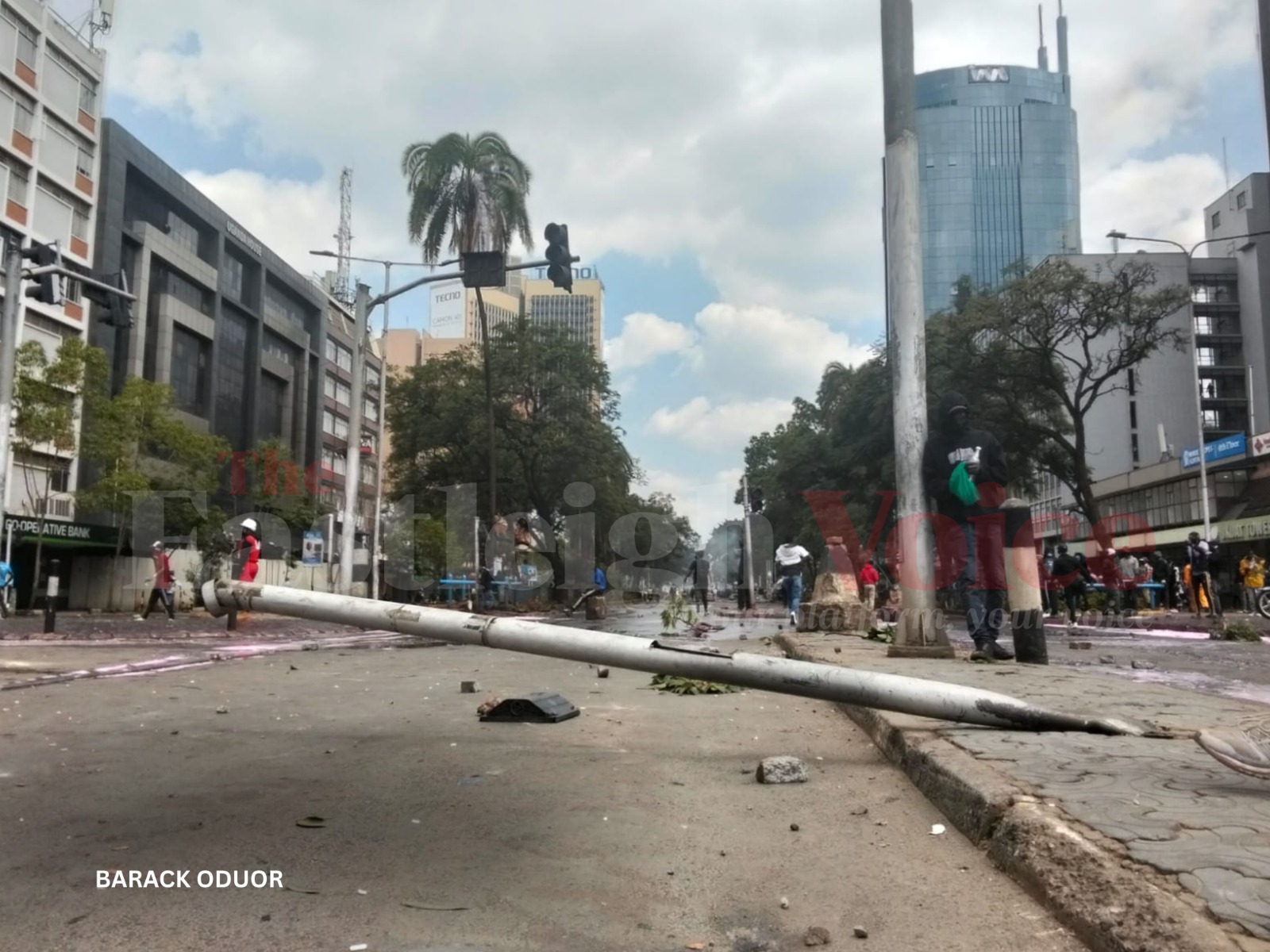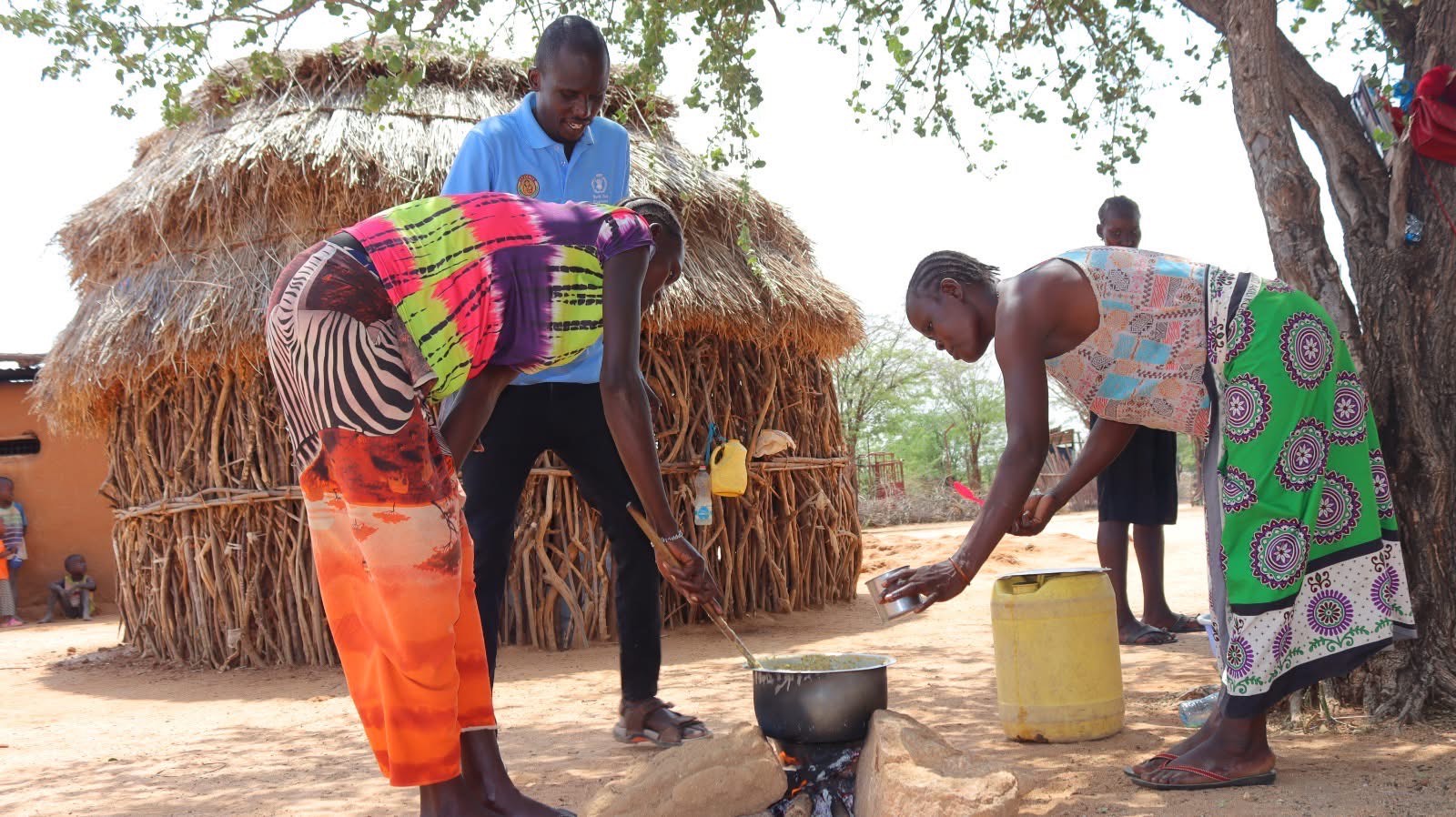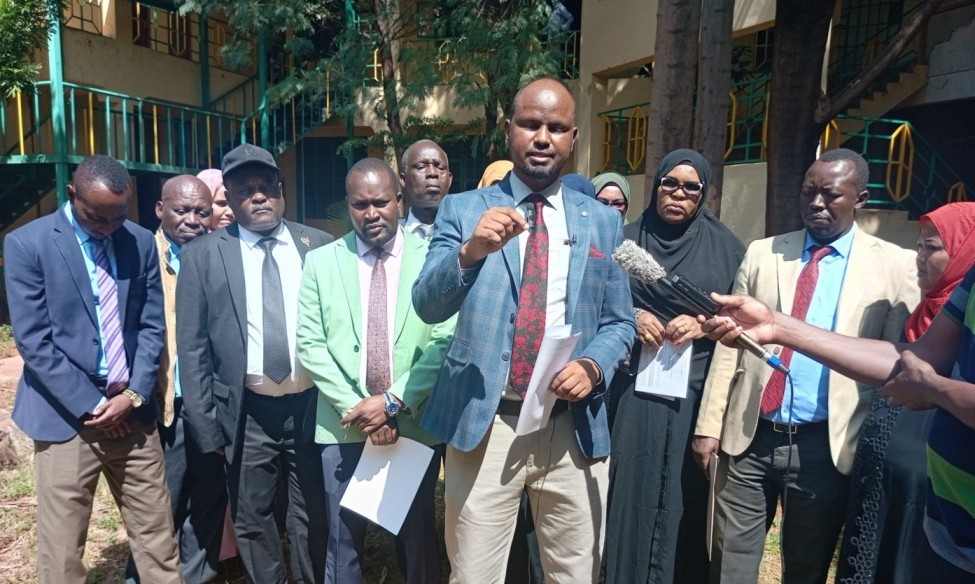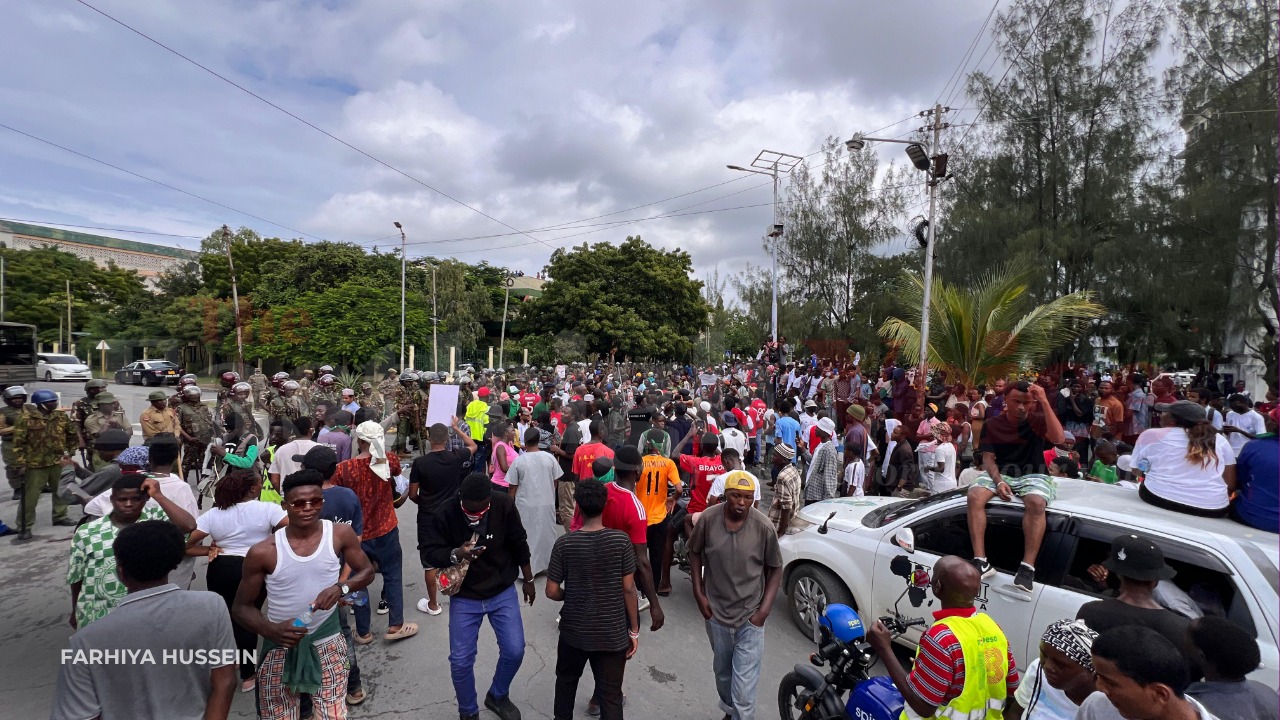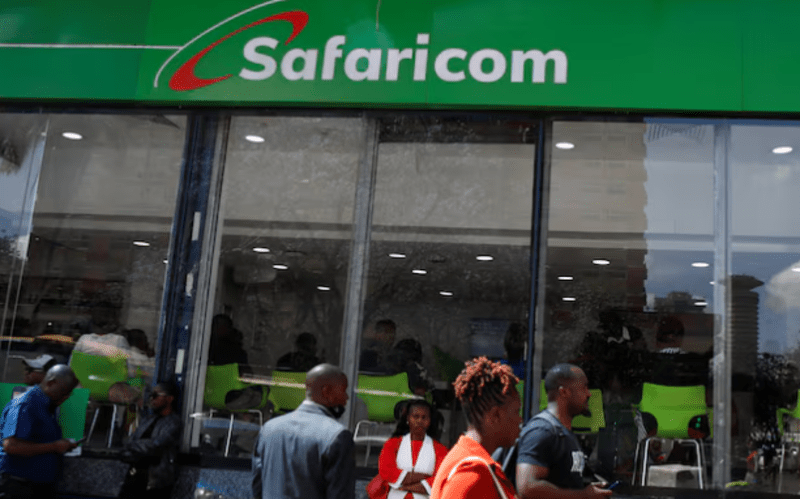How Eastleigh street families are turning plastic waste into goldmine
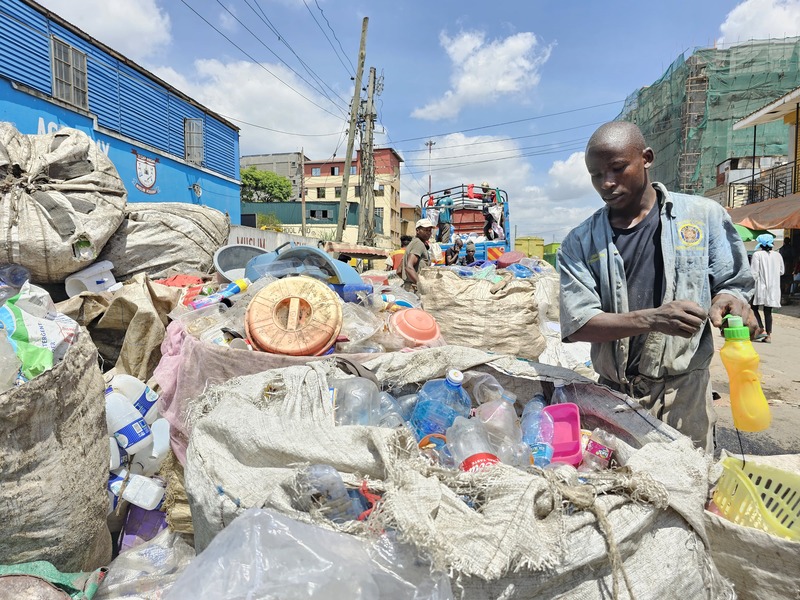
On a good day, Albert can amass up to 19 kilograms of plastic waste, translating to a profit of Sh475.
In the busy streets of Eastleigh, street children, often overlooked and marginalized, have found a way to turn plastic waste into a means of survival.
Albert Mwangi, 23, is one of these enterprising individuals. For him and others, discarded plastic bags and bottles are a gold mine.
More To Read
- 13 suspects arraigned over mugging in Eastleigh's Maries Stopes area
- NEMA cracks down on improper waste transport under new regulations
- Hawkers celebrate fresh opportunities in Eastleigh’s Five Street
- Why Eastleigh is Nairobi’s economic powerhouse: Stories of hustle, culture and community
- Construction of Keroe Street begins, sparking hope for safer, accessible roads in California, Eastleigh
- Life behind the load: The hard road travelled by mkokoteni pushers
"Although they look dirty to residents of Eastleigh, to me and others, they are gold," says Albert, who has been scouring the streets since 2021 in search of these treasures.
Each day, Albert sets out from Sabatiat Road, armed with his dirty sack. He traverses the streets and roads of Eastleigh, collecting plastic bags and bottles discarded by residents and hawkers.
On a good day, Albert can amass up to 19 kilograms of plastic waste, translating to a profit of Sh475.
Albert explains that his parents couldn't afford to send him to school because they didn't have much money. Now, he has to take care of himself.
"I'm the second child in a family of six, and my parents couldn't give us much," he says.
He adds that this business helps him support his family. "I use this business to feed my family, and I'm not going to stop doing it," Albert adds.
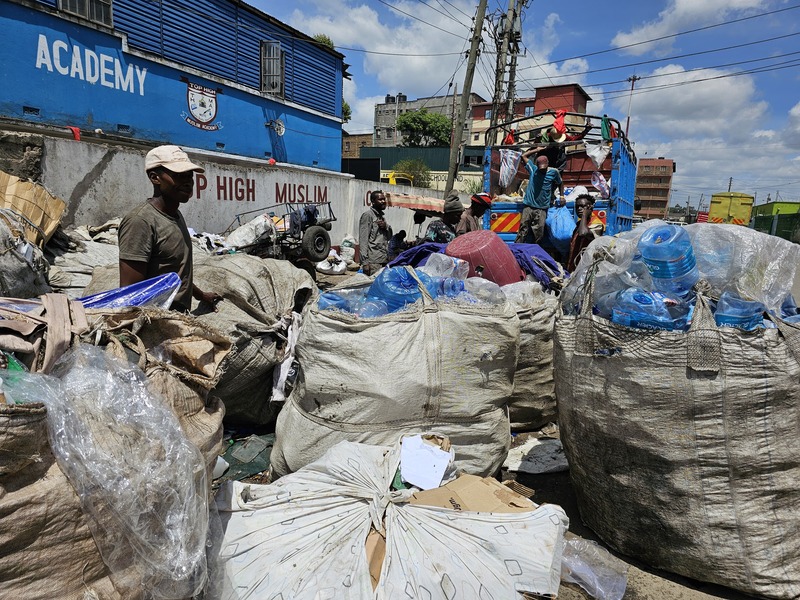 Street families collecting plastics in Eastleigh in Nairobi. (Photo: Abdirahman Khalif)
Street families collecting plastics in Eastleigh in Nairobi. (Photo: Abdirahman Khalif)
But Albert's story is not unique. Tabitha Karanja, a buyer of plastic waste, has been in the business since 2012 when her husband died.
She has been using the earnings from her business to fund education for her four children, starting from primary school up to university.
Tabitha explains that she began by collecting items herself, then saved up to establish a collection point. Now, she purchases from other collectors.
The 43-year-old mother says that she buys over 65 kilograms of these products daily, and her collection point currently holds 120 kilograms of plastic bags and bottles.
She says she sells the products to an Indian firm in Kariobangi that recycles them.
She purchases the collected plastic from suppliers like Albert at Sh25 per kilogram and sells them at Sh37 to a recycling firm in Kariobangi.
"This business is not only lucrative but also beneficial to the environment," she asserts, highlighting the dual impact of their work.
However, the road to success is not without its challenges. John Muthoni, another participant in the plastic waste trade, recounts the physical toll of their labour.
"We get infections when we deal with the waste. We also suffer from back pains due to carrying heavy sacks for long hours," he says.
Despite these hardships, John remains determined. It is his dream to open his collection point to empower others like him.
Yet, amidst their struggles, street families in Eastleigh face another obstacle; a lack of recognition and support.
With over 88 commercial malls generating millions of plastic bags daily, the demand for their services is undeniable.
However, a shortage of collection points and competition among collectors hinder their ability to command fair prices for their goods.
As they continue to toil in the shadows, street families in Eastleigh harbour hope for a brighter future. They yearn for government assistance to alleviate their burdens and improve their livelihoods.
With the right support, they believe they can not only thrive but also contribute to a cleaner, more sustainable environment for all.
Top Stories Today
Reader Comments
Trending
